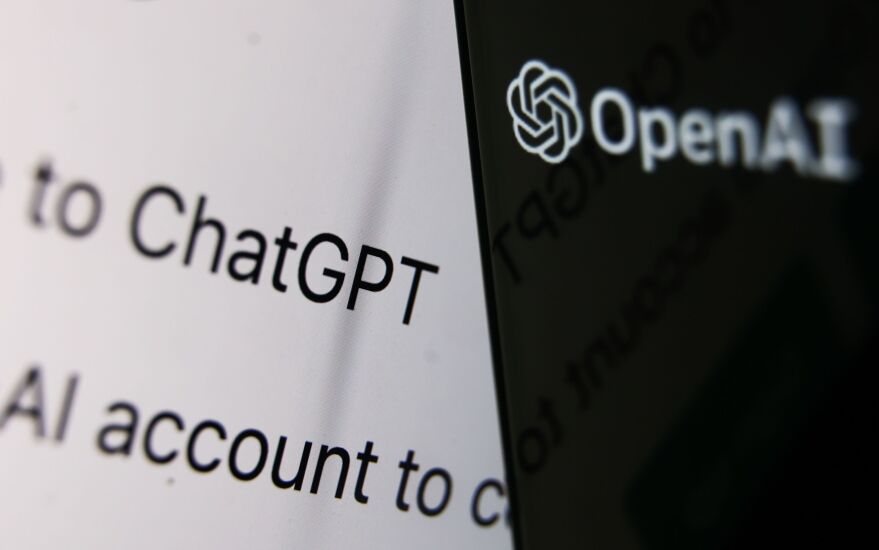In this year's roundup of top banking tech news for 2023: Ally Bank's path into the world of generative artificial intelligence, the fallout from JPMorgan Chase's deal with a college financial-planning website, banks across the U.S. increasingly fell victim to cyber attacks and more.

FDIC order against Cross River Bank is a warning on fintech alliances
Cross River is a banking-as-a-service provider that makes loans through fintech lenders such as Affirm, Upstart, Rocket Loans and the former Kabbage.
The bank did not admit or deny any charges of unsafe or unsound banking practices or violations of law or regulation.
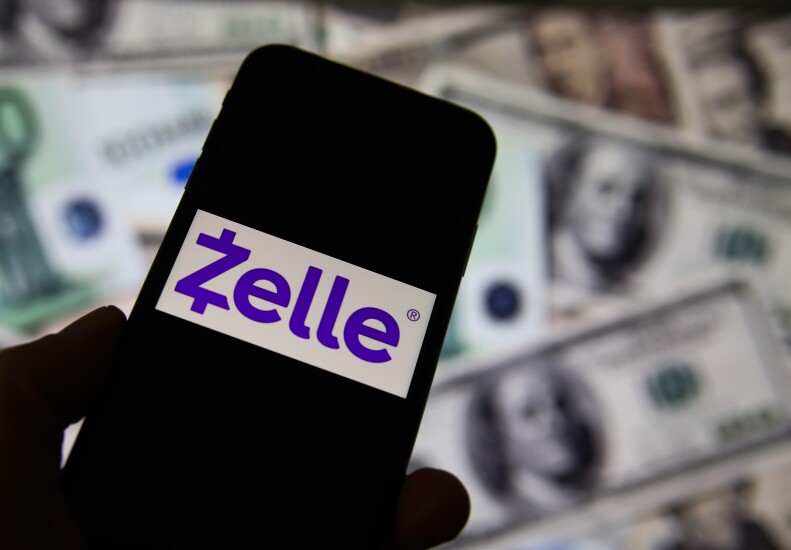
Zelle outage at JPMorgan Chase is red flag for banks
It was the second Zelle glitch in six months that involved a bank tied to
Glitches
"Instant is great when it works. But when it's broken, we find out about it right away," said Peter Tapling, a payments consultant and former Early Warning executive. "That intersection of brand-new modern systems, and clunky old bank systems is going to become more evident."
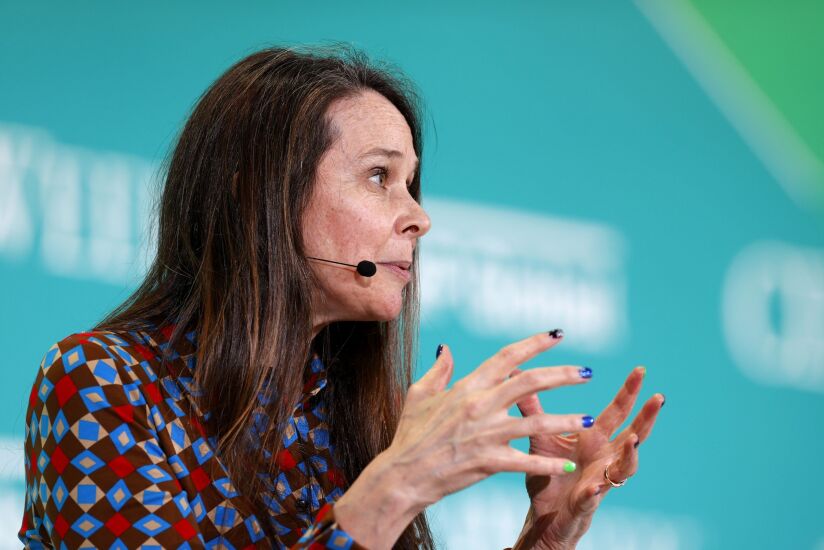
10 banks alleged victims of ransomware attacks on file transfer software
On May 27, ransomware gang Cl0p started exploiting a zero-day vulnerability in Progress Software's product MoveIt to steal data from at least 91 organizations, including state and federal agencies and at least 10 U.S. banks and credit unions. Data compromised in the leaks included names, addresses, birthdates, Social Security numbers and more.
Progress

USAA wins patent agreement with Discover, vows to keep going after banks
In late August, Discover Financial Services signed a licensing agreement with USAA that lets the card network use more than 130 USAA patents for remote deposit capture technology. Terms of the agreement were not disclosed. Discover declined a request for an interview or comment.
USAA signaled that it's going to keep going after banks that allow customers to deposit checks by taking pictures of them with their phones. It has already filed lawsuits against Wells Fargo, PNC Financial Services Group and Truist Financial.

Did the OCC hire a con artist to oversee fintech?
But an investigation conducted by
Through a Freedom of Information Act request to the OCC, Roddan found that Bhardwaj had listed C-level technology roles at several large banks on his CV. He also found that Bhardwaj hadn't worked at any of them.
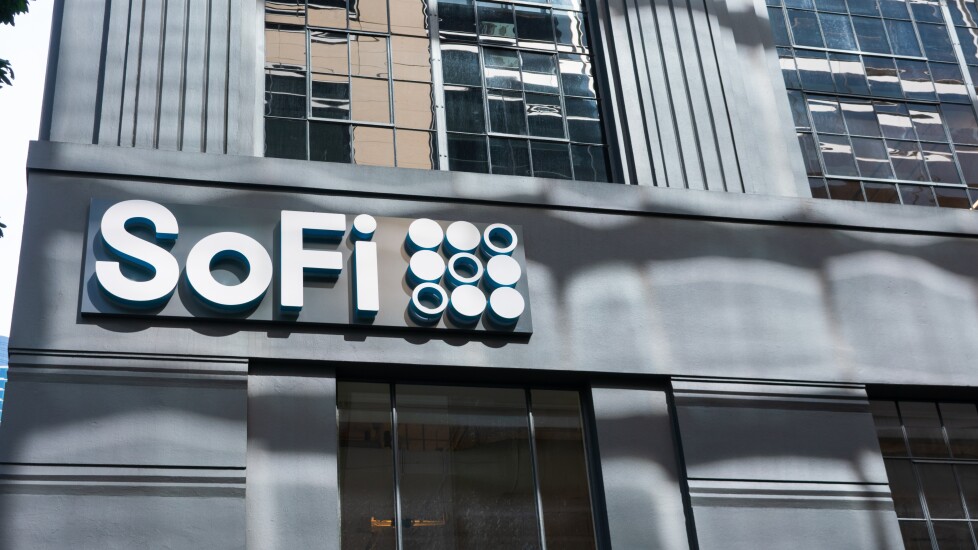
SoFi's bank charter drives positive outlook, but layoffs hit tech unit
The San Francisco-based neobank's earnings
SoFi's deposits have grown to $7.3 billion from $1 billion over the last year, and the company has been able to use those deposits to fund loans, unlike other fintechs without bank charters. Its

Flagstar latest of 60 banks affected by MoveIt breaches
The latest example is Fiserv and Flagstar Bank, which together suffered one of the largest data breaches stemming from the vulnerability. The bank notified
A spokeswoman for Flagstar Bank said the bank, after learning about the breach from Fiserv, "took immediate action" to ensure Fiserv launched an investigation into which bank customers were affected by the data breach and that Fiserv "remediated all technical vulnerabilities and patched systems in accordance with the MoveIt software provider's guidelines."
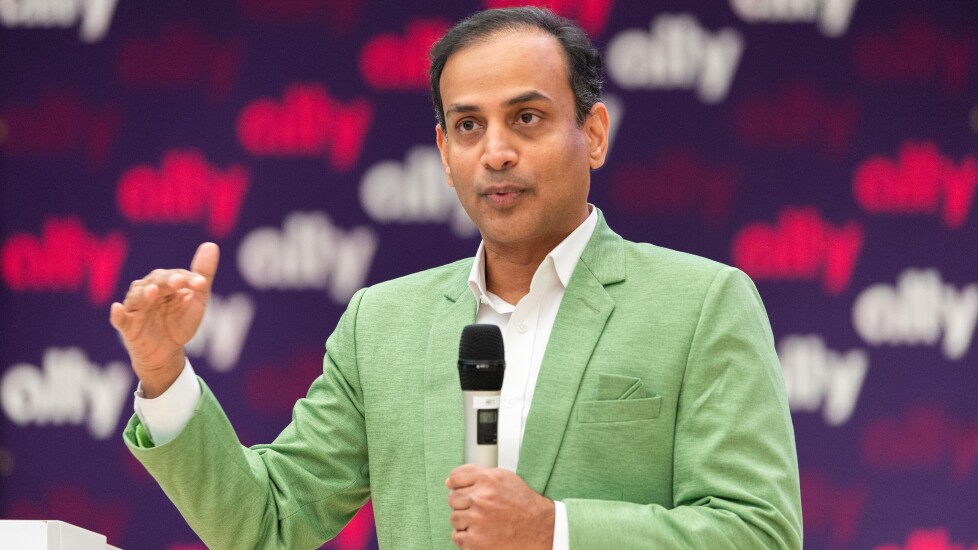
Ally Bank's foray into generative AI: 'We don't want to stand still'
The Detroit bank formed a working group around
"We do not want to stand still," said Sathish Muthukrishnan, the chief information, data and digital officer at Ally Bank.
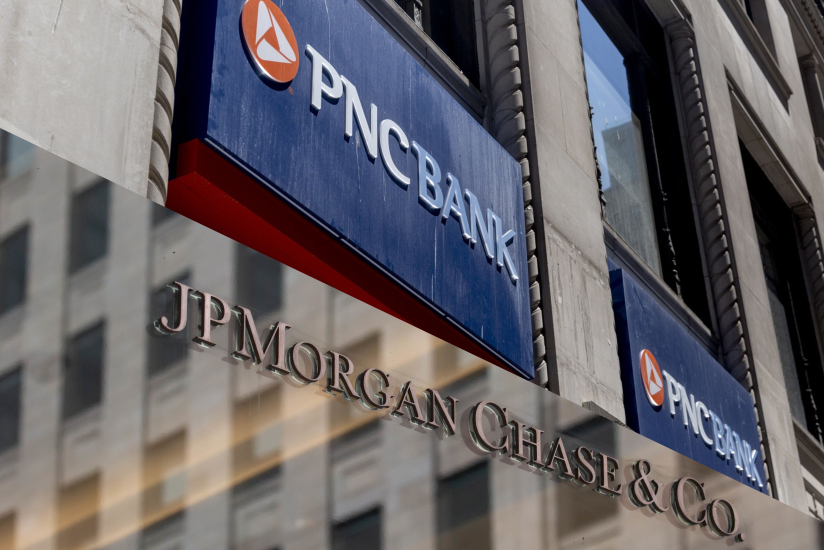
Lawsuits against JPMorgan, PNC test banks' liability in wire fraud cases
In one case, Joyce's Jewelry, a jeweler in Uniontown, Pennsylvania, alleged in the U.S. District Court in Pittsburgh that PNC allowed hackers to empty the business's accounts because it lacked adequate measures to prevent the fraud.
Hackers successfully phished for one employee's credentials and used them to wire away all $1.6 million the company had in its four accounts. However, PNC promised to require tokens from two Joyce's employees to complete such transactions, according to Joyce's, which is one reason why the company claims PNC bears responsibility.
According to a spokeswoman for PNC, the bank "maintains a comprehensive set of security controls" to protect customers. Those measures "include direct communication to customers about the importance of keeping their credentials confidential and preventing bad actors from gaining access to their online accounts." The bank also recovers funds on customers' behalf when possible.

'A huge mistake': Lessons from the JPMorgan-Frank fintech deal
Bank-fintech acquisitions that fizzle rarely have details as salacious as the saga of JPMorgan Chase and Frank. Earlier in January,
Other bank-fintech deals have collapsed over the past year, such as UBS's
